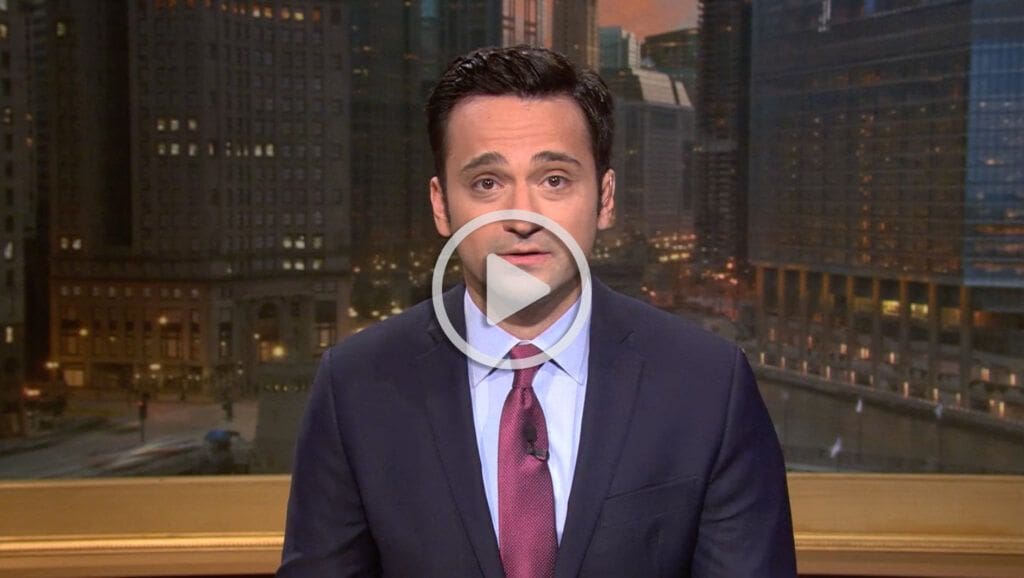Original article: https://news.wttw.com/2021/03/30/universal-basic-income-skeptics-say-cash-should-go-existing-services
Chicagoans might see a trial of universal basic income.
Last week, Chicago aldermen approved a resolution calling for the city to use dollars from federal relief funds for a basic income pilot program.
Some organizations have already been testing out the idea with Chicago residents, providing cash assistance for people to cover everything from rent to starting small businesses.
However, some are skeptical of the possible citywide implementation and instead are looking toward building up existing social services.

One group already implementing basic income in Chicago is Family Independence Initiative. The organization has worked with about 500 families in Chicago over the past three years. Ebony Scott, partnership director at FII, said this direct assistance has been especially crucial during the pandemic.
“Last year during this time, we released all of the dollars out to families and while many people were really trying to hold onto meeting their basic needs our early data has shown that most of our families were able to hold the line with some even being able to buy new homes during the pandemic because they had this additional income that allowed them to absorb the shock,” Scott said.
However, not all think the program could work on a citywide level. Bruce Meyer, the McCormick Foundation Professor at the University of Chicago, said giving benefits to everyone could end in high tax rates. Instead of a blanket distribution to all, he said this financial help needs to be targeted.
“It just sends people checks, whereas what you really need given the diversity of problems people face, is a social worker to figure out what people really need, and to get them to job training or to child care or drug treatment or in the end you may say for certain people, just cash is really what they need,” Meyer said. “If you don’t have someone interacting with individuals, then you don’t get the right things to people.”
Scott said there’s a narrative that makes some hesitant to provide people funds directly, versus assistance flowing down through public services.
“It’s rooted in narratives that folks are struggling economically because they failed to be able to make good choices and it fails to acknowledge that we’re talking about decades and centuries of systemic oppression and systems that have perpetuated poverty,” Scott said.
The organization Equity and Transformation is also looking for ways to provide basic income to Chicagoans. Tentatively starting in June, the group will provide $500 per month to 50 to 55 post-incarcerated residents of Garfield Park. The program will also study income volatility, psychological impact and recidivism.
Richard Wallace, the founder and executive director of Equity and Transformation, said in addition to providing financial assistance, the program also hopes to change the narrative around informal workers, like a DVD bootlegger, someone selling loose cigarettes or those in sex work.
“We want to change the perception of Black informal workers from criminal to survivability,” Wallace said. “We want to see crime as an indicator of a need as opposed to a place for punishment.”




















